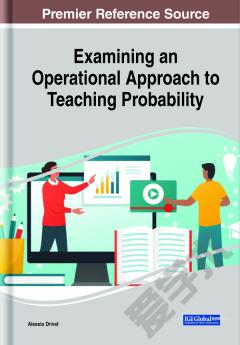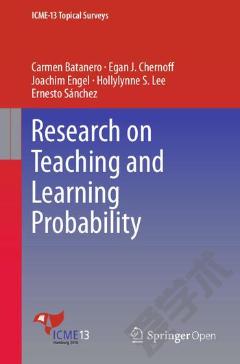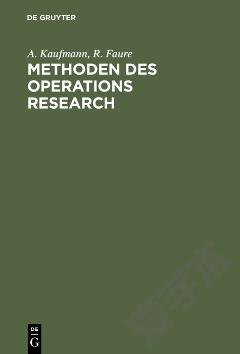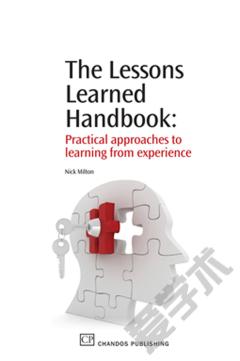Examining an Operational Approach to Teaching Probability
Several years ago, there began a consideration of the inadequacy of a traditional approach to teaching mathematics. Many teachers and perhaps a majority of the students often realize something is wrong with these methods and report a lack of enthusiasm in dealing with the discipline. Many teachers think that certain established habits have a serious pedagogical basis, and therefore, it is difficult to question them. In addition, perhaps, there is also a certain fear in imagining and experimenting with new ways. Unfortunately, the excessive use of examples and abstract formulations with exclusive reference to algebraic language distances the student from the pleasure of the discipline. Mathematics, on the other hand, requires attention and concentration, but the understanding of its meaning gives rise to interest, pleasure to discover, and promotes deep learning. This is where studying probability from an operational approach has gained much traction. The most interesting aspect is the use of a very artisanal approach, starting with objects that students can, in part, find in their daily lives. Trying to identify objects and situations that speak of "different mathematics," embodied in everyday life, may offer more possibilities to deal with the mathematical illiteracy that seems to afflict a large part of our society. Examining an Operational Approach to Teaching Probability focuses on probability examined from an educational point of view and the implementation of a very concrete operational approach in the classroom. Two main pillars are examined within this book: concrete objects and IT tools used to perform simulations for probability teaching. Each chapter is devoted to an essential concept related to probability and covers the operational approach all the way from its historical development to types of probability studies, different teaching methods within the approach, and the theories surrounding it. This book is ideal for pre-service and in-service teachers looking for nontraditional approaches in teaching along with instructional designers, curricula developers, practitioners, researchers, academicians, and students interested in learning more about operational research and the use of objects to introduce probabilistic concepts in a new method of teaching.
{{comment.content}}








 京公网安备 11010802027623号
京公网安备 11010802027623号